What Do Students Do Post-taking Graduate Route? How Much Do They Earn?
The Graduate Route is a crucial time for students to look for and secure any full-time or part-time work opportunity in the UK. While there are several work-related activities that the graduates can carry on a post-graduate work visa in UK, a generic pattern and data on the same can help aspiring graduate visa holders to follow the right steps.
Introduced in July 2021, the Graduate Route (or post-study work) allows international students to look for and work on a job after completing their bachelor’s or master’s degree in the UK for a period of 2 years, or 3 years in case of doctoral courses. The Graduate visa holders can switch to any other immigration visa route at any point in their graduate visa journey.
Reports have it that the percentage of total students granted a leave in the UK, after the completion of their studies in the UK has tripled from what it was in 2019 to what it is in 2023, i.e. from 18% to 56%. This means that the total number of students applying for an extended stay in the UK to look for work and work on certain jobs significantly increased in 2023.
Predict your IELTS, TOEFL, and PTE in just 4 steps!
This article contains complete information on the behaviours of graduate visa holders in the UK; this involves the type of work that they do and the average amount of money that they make. This article helps students getting their higher education in the UK plan their journey after the completion of their studies and draw a roadmap for their future choices and aspirations.
Number of Students Taking the Graduate Route in the UK
Since its launch, a total of 213,250 main applicants and 45,836 dependants have been allowed leave on a Graduate visa in the UK between 2021 and 2023 (leave in a migrant’s journey lasts 12 months and is granted only upon the successful completion of the previous leave. A migrant’s journey in the UK consists of several such leaves). The data on the number of main applicants and dependents taking the Graduate Route is shown in the graph below.
Source: Immigration System Statistics
The number of students taking leave through the Graduate Route after the completion of their studies has been increasing year by year since 2020. The same is shown in the graph below.
Source: https://www.gov.uk/ | Home Office
The above graph shows that the number of students receiving permission for extended stays in the UK has been increasing since 2021 (the year of implementation of the Graduate Scheme) and over half of those who graduated in the UK in 2023 received permission to stay after their studies.
The following reasons are suspected to be the cause of an increased number of both the total students leaving the student route (student visa) and the total students taking other leaves (including other leaves, work visa and graduate visa).
- The COVID-19 pandemic,
- The introduction of the Graduate Route Visa (Post-study Work Visa in UK), and
- The restriction on the movement of EU Nationals.
Indian Nationals Taking the Graduate Route
Out of all the 213,250 graduate visas granted since 2021, 42% are Indian nationals. This accounts for the largest share of the post-study work visa being held by the Indian graduates in the UK. The top 5 contenders for the graduate visa are given below.
| Top 5 Nationalities Granted a Graduate Visa in the UK (from 2021 to 2023) |
||
|---|---|---|
| Nationality |
Number of Graduate Visas Granted |
% of Granted Graduate Visa |
| All |
2,13,250 |
100% |
| India |
89,231 |
42% |
| Nigeria |
23,648 |
11% |
| China |
22,191 |
10% |
| Pakistan |
14,337 |
7% |
| USA |
7,493 |
4% |
Graduate Visa Holders Demographics
According to data, more than half of the total contenders entering the Graduate route are estimated to be in their mid to late 20s with most of them being between 24 to 29 years old.
Other than that, 52% of the total graduate visa holders in 2023 were male and 48% female.
Types of Courses Completed by Students Taking the Graduate Route
According to the Migrant Journey underlying datasets from the Home Office, 1,13,105 students in the UK entered the Graduate Route in 2023. Out of this number, 69% of students had studied courses lasting 1 year or less in the UK. The same data for 2021, 2022 and 2023 is shown in the graph below.
How Many Graduate Visa Holders Earn During 2023? |Work Trends
The information on employability and the earnings statistics of each Graduate Route migrant is analysed by linking the HMRC’s Pay As You Earn (PAYE) Real Time Information (RTI) data to Home Office visa records.
To chart out some conclusions on the working trends of the Graduate visa holders, both the aforementioned data have been analysed since the year of implementation of the Graduate Route, 2021. However, below is the conclusive work pattern of the Graduate route holders for the whole financial year starting from April 2022 to March 2023.
The above graph shows the number of months worked against the percentage of working graduate visa holders. The data shows that 73% of the Graduate visa holders have worked at some point (and 27% worked consistently through all 12 months) during the whole financial year ending in March 2023. However, the remaining 27% did not work at all.
Out of these 73% of these Graduate Route participants, 63% were not employed for the whole of the year.
The following data shows that among Graduate visa holders who were employed during the financial year ending 2023, 62% started earning in the first month after receiving their visa. However, the proportion of graduates who started earning continued to decrease in the subsequent months.
Other data shows that only up to 30% of the total graduates from each of the top 5 nationalities who have been granted the most post-study work visa worked for the whole year.
| Proportion of Graduate Visa Holders Who Remained Employed During the Financial Year Ending in 2023, Sorted by Nationalities |
||
|---|---|---|
| Nationality |
Proportion of Graduate Vis Holders in Employment for At Least One Month |
Proportion of Graduate Vis Holders in Employment for the Whole Year |
| China |
60% |
18% |
| India |
79% |
29% |
| Nigeria |
86% |
30% |
| Pakistan |
81% |
27% |
| USA |
72% |
30% |
| Other Nationalities |
65% |
27% |
So, the data in the table describes that most of the Indian Graduate Visa holders remained employed for at least a month or throughout the year.
How Much Do the Graduate Route Participants Earn?
According to the HMRC’s Pay As You Earn (PAYE) Real Time Information (RTI) data, the average monthly salary of the Graduate route participants rose from £1,227 in August 2021 to £1,937 in March 2023. While the average monthly cost of living in the UK comes to around £1,000, this growth in the average monthly salary shows that a decent life can be pursued by international student migrants in the UK.
However, the average monthly income of the migrants is lesser than the general population in the UK, who may earn up to £300 more, monthly.
The report also concluded that the average total income of 73% of the total graduate visa holders who remain employed for at least 1 month for the financial year ending in 2023 was £17,815. However, of the top 5 nationalities granted a Graduate visa, the USA remained on top in earning the highest median salary for working at least one month in a year.
| Average Salaries Earned by the Top Graduate Visa Holding Nationalities in the UK in the Financial Year Ending in 2023 |
||
|---|---|---|
| Nationality |
Average Annual Earning When earned At least for a Month |
Average Annual Earning when Earned for the Whole Year |
| All |
£17,815 |
£26,460 |
| India |
£17,120 |
£25,465 |
| USA |
£21,135 |
£28,000 |
| China |
£15,762 |
£26,894 |
| Nigeria |
£17,868 |
£25,812 |
| Pakistan |
£14,402 |
£24,955 |
Types of Work Taken Up By the Graduates in 2023
Out of the total working graduates, the maximum percentage was found to be engaged in administrative and support roles (26%). The rest of them were found to be engaged in the following job sectors (in decreasing order) in the UK:
- Health and Social Work
- Professional Scientific and Technical Work
- Education
- Accommodation and Food Services
- Wholesale and Retail: Repair of Motor Vehicles
- Communication and Information
- Finance and Insurance
- Arts, Entertainment and Recreation
- Other Service-based Activities
- Other Sectors
- Manufacturing
- Transportation and Storage
- Real Estate
The salary data for each of the above-taken jobs is given below.
The earnings data has been taken from a range of Home Office case working systems and is matched with the HMRC Real Time Information (RTI) for Pay As You Earn (PAYE) data.
Note: All data and figures in this article are sourced from Gov.UK.
This was all about the Graduate student journey in the UK and we read all about what students do after taking the graduate route and how much they earn. If you have any doubts, feel free to leave your query in the comments below.
Q: How can I get admission in the University of Manchester?
Q: Does the University of Essex require IELTS?
International students whose native language is not English must meet the University of Essex English language requirements to get admission. The university accepts IELTS scores as proof of English language proficiency. Mentioned below are the IELTS scores required for UG and PG admission at the university:
English Language Test | Score |
|---|---|
IELTS | Overall score of 5.5 to 8.0 with minimum of 5.5 to 7.5 in each section |
The university also accepts the score of other English language tests such as TOEFL and PTE for admission to undergraduate and graduate programs:
English Language Test | Score |
TOEFL iBT | Overall score of 72 to 114 |
PTE | Overall score of 59 to 84 with minimum of 59 to 80 in each section |
Also read: Required IELTS Score for UK Universities
Q: Is university of West of Scotland good for international students?
The University of the West of Scotland has five modern and diverse campuses in United Kingdom. The University has welcomed more than 3,000 international students which are representing 1/3 of the globe. They also have 130 European partners who are actively in global study and exchange options through the Commonwealth universities programmes. The University also offers study abroad opportunities for UWS who are eligible for the same and also have more than 20 transnational education partners worldwide which helps them deliver UWS Bachelors and Masters Degrees around the world.
Q: What rank is Wolverhampton University in UK?
The University of Wolverhampton is one of the best universities in the United Kingdom. The university is consistently ranked among the best universities nationally and globally. For nearly 200 years, the University of Wolverhampton has been consistently providing a quality of education to students and producing highly skilled graduates. The national rankings of the University of Wolverhampton are given below:
| Ranking Body | Ranking |
|---|---|
| The Guardian University Guide 2024 | #101 |
| The Complete University Guide 2024 | #117 |
Q: What is University of Wales, Trinity Saint famous for?
University of Wales, Trinity Saint (UWTSD) was founded in 2010, is a public institution for higher education and research at multiple locations. It was set up under the 1828 royal charter of Lampeter, the institution was the result of the merger between Trinity University College and the University of Wales. The institution merged with the Swansea Metropolitan University in 2013.
- Top Ranked University: The UWTSD is not ranked by any major ranking body, however as per the university ranking given on the official website of the university, it is ranked among:
- #1st in Wales and UK Top 5 Film Production and Photography
- #1st in Wales and UK Top 5 Fashion and Textiles
- #1st in Wales and UK Top 20 Graphic Design
- #1st in Wales and UK Top 5 Education
- #1st in Wales and UK Top 20 Sports Science
- #1st in Wales and UK Top 20 Mechanical Engineering
- #1st in Wales for Fine Arts
- Variety of Courses: UWTSD offers more than 300 programs at various levels including undergraduate, postgraduate degrees as well as multiple online courses.
- Highly distinguished and learned faculties: the faculty at UWTSD is highly learned and distinguished which enables students to be the best in their field of study.
- High Placements: According to Graduate Outcome data 2019-2020 quoted by the UWTSD, more than 95% of its graduates were found to be employed within 15 Months of graduation. The average salary of a graduate is not explicitly released by UWTSD, however, as per some unofficial sources the average salary of the graduates of UWTSD is approximately INR 30-35L. with the highest salary being reported as high as INR 66.5L for jobs in Financial Services.
Q: What is Hult International Business School - UK famous for?
Hult International Business School, UK, is famous for its global perspective and multicultural environment. The school is known for its focus on practical education, offering undergraduate, postgraduate, and executive education programs across multiple campuses located in prominent cities around the world, including Boston, San Francisco, London, Dubai, Shanghai, and New York. It is also recognised for its diverse student body, with over 128 nationalities represented among its students. The school has received positive reviews for its competent faculty, practical approach to business education, and the opportunity for students to interact with a wide network of contacts
Q: Why indian students choose to study at Hult International Business School - UK?
Indian students choose to study at Hult International Business School in the UK for several reasons, including its highly ranked programs, global outlook, and career support. Hult offers a range of full-time master’s degrees, immersive bachelor's programs, and MBA options that prepare students to excel in the global job market. The school is the largest and top-ranked global business school, providing students with an incomparable universal outlook. Additionally, Hult's focus on experiential learning, extensive career support, and the opportunity to study at multiple campuses around the world are attractive to Indian students seeking a global business education. Furthermore, the school's emphasis on innovation and meeting the needs of students and employers may also contribute to its appeal to Indian students
Q: How to prepare for UK 10th board exam 2025?
Those who are preparing for the UK Class 10 exam 2025 are recommended to follow the tips below.
- Know the exam pattern
- Make a proper time table as per the syllabus
- Solve previous year question papers
- Make short notes of important formulas and theorems
- Revise regularly
- Figure out weaker areas and learn them well
With proper planning and hard work, students can easily clear the UK 10th board exam.

Priya Garg is a seasoned content writer and editor. With her rich experience in content writing, teaching and research & analysis, Priya believes in providing only the correct information which is also up-to-date. H... Read Full Bio


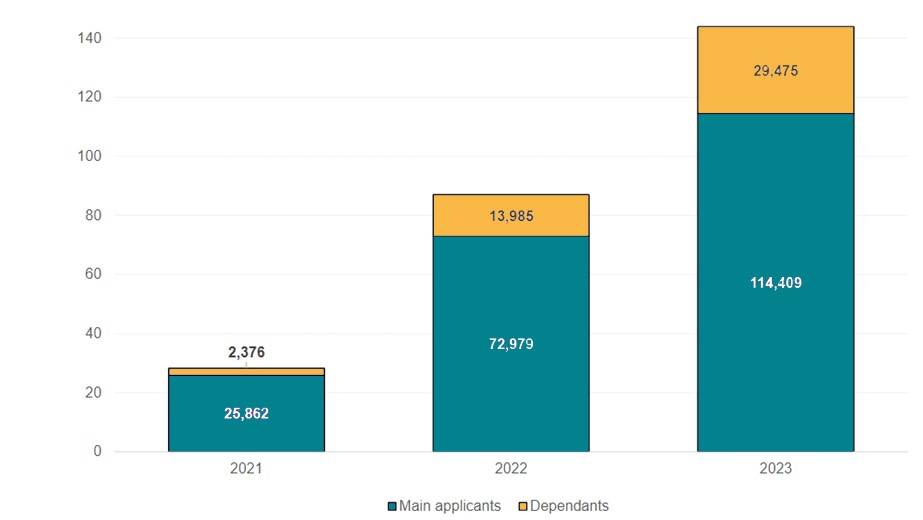
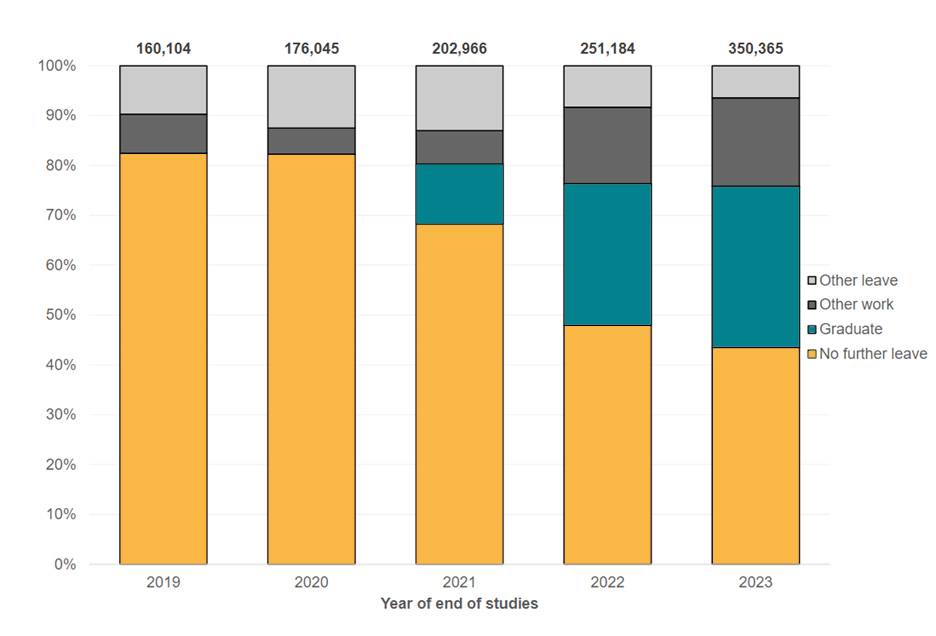
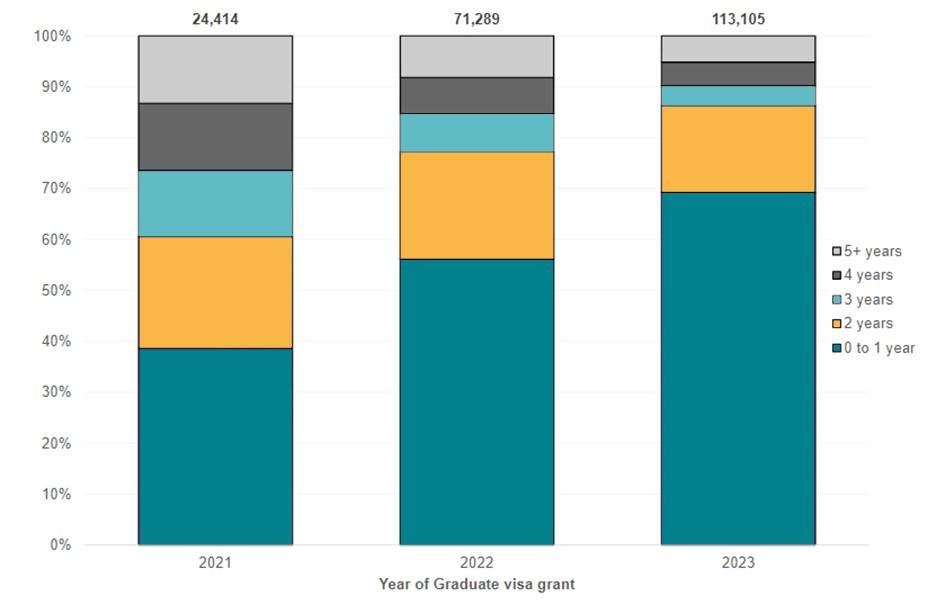
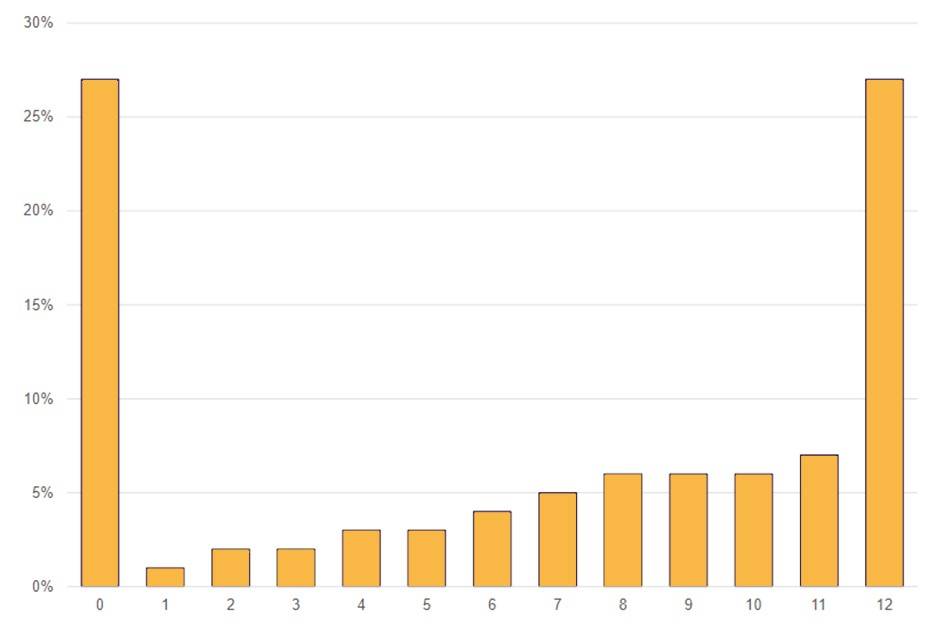
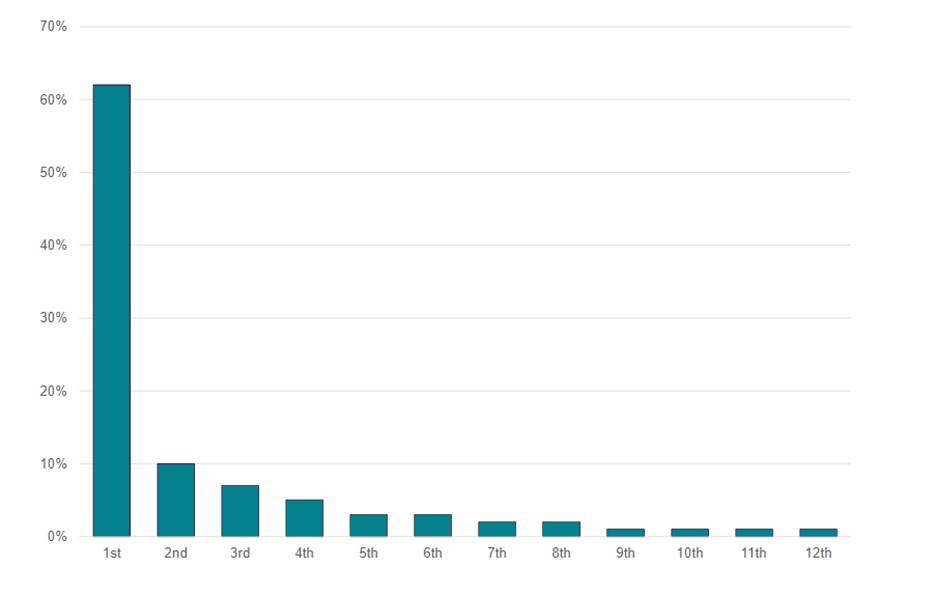
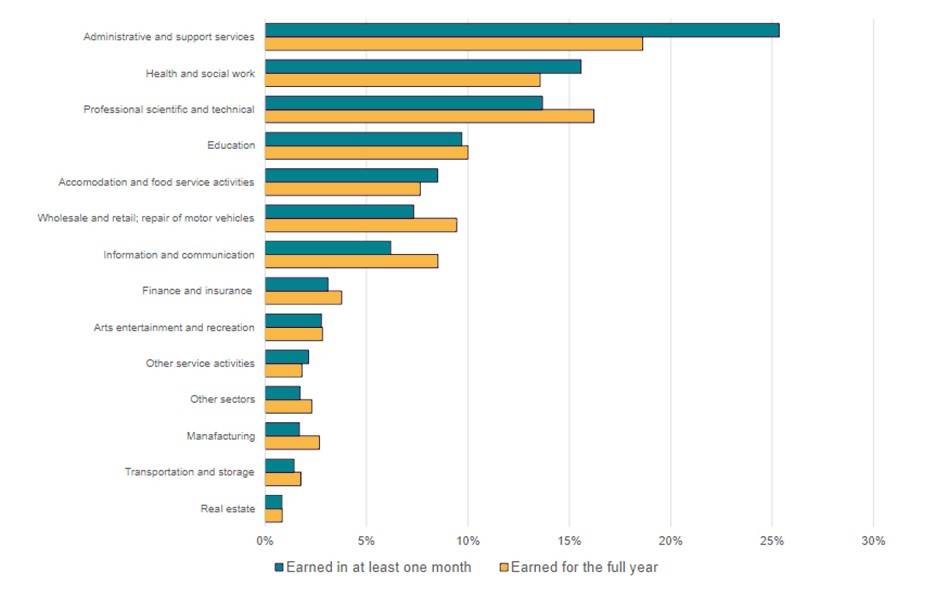
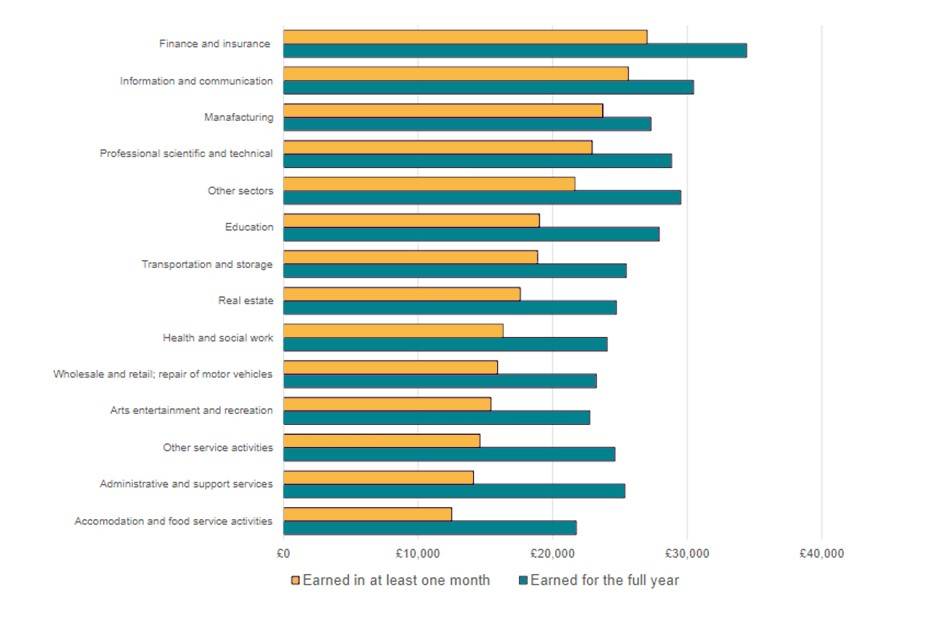
The application process at the University of Manchester may vary depending on the course and level of study. However, here is the application process for UG and PG courses:
The Undergraduate Application Process:
Step 1: You can apply through the UCAS common application portal.
Step 2: Go to the website and select the course you are interested in.
Step 3: Ensure you meet the Entry requirements (Academic qualifications, English proficiency, etc.
Step 4: Once you decide on the course, submit documents such as SOP, Transcripts and personal statements.
Check out: tips to improve your SOP.
Step 5: You can track the application's progress through your given credentials by UCAS.
Step 6: Once the applicant submits the application to UCAS, it forwards to the University, and the admission teams carefully analyse the application document.
Step 7: The university will send you an offer letter once selected. Hence keep checking your UCAS portal for your application status.
The Postgraduate application process:
Step 1: Select the postgraduate course you are interested in from the University of Manchester.\
Step 2: Ensure you meet the entry requirements for the chosen program, as they vary depending on the course.
Step 3: Complete the online application by providing your personal information.
Step 4: Upload the required documents, such as Academic transcripts and proof of English language proficiency ( TOEFL/ IELTS). experience in your fields and references (depending on the course). You also may require Two LORs depending on the course.
To make your admission better, check out the following: How Admission Officers Evaluate your application.
Step 5: If your application is successful, you will receive an offer from the University of Manchester.